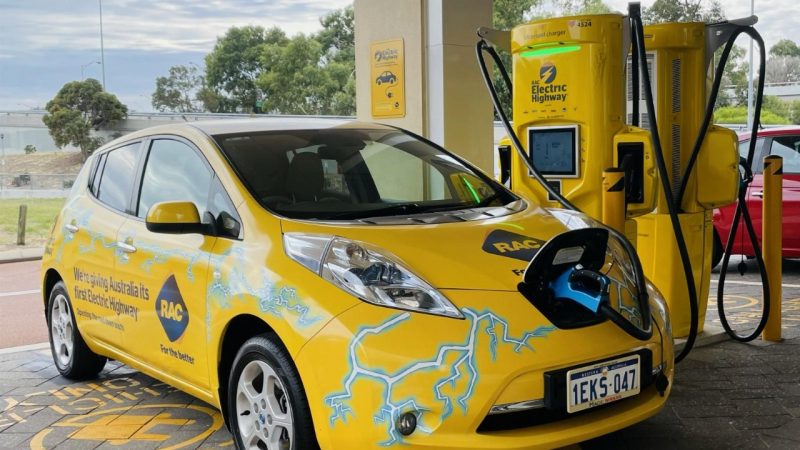- An incriminating report from the Electric Vehicle Council has revealed Australia lags “significantly behind” the rest of the world when it comes to adopting electric vehicles
- The report criticised the Federal Government’s “lack of leadership and action” but says the movement across states and territories is generally positive
- Further models are set to hit the market in 2022, but the council affirms the slow uptake is stifling investment into public charging infrastructure
- A total of 0.78 per cent of all vehicles sold in Australia during 2020 were electric vehicles
An incriminating report from the Electric Vehicle Council has revealed Australia lags “significantly behind” the rest of the world when it comes to adopting electric vehicles.
The State of Electric Vehicles publication, which was released today, summarised the landscape of Australia’s electric vehicle market over the past 12 months.
The report highlighted a “lack of leadership” when it came to action on Australia’s electric vehicle take-up and said a lack of models at lower price points was creating barriers for consumers to enter the market.
“The chief headwind at the moment is, unfortunately, a continued lack of leadership on electric vehicles at the federal level,” Electric Vehicle Council Chief Executive Behyad Jafari said.
He said Australia was in “urgent need of action on electric vehicles” and that EVs were ” vital” to meeting our net zero goals and energy security needs.
“We need the right policy settings so we can compete with other countries to attract the globally limited electric vehicle supply to Australia.”
Of all vehicles sold in Australia during 2020, 0.78 per cent were electric compared to 10.7 per cent in the UK and 74 per cent in Norway.
BMW and Mercedes Benz have the most electric vehicles currently available on the market with five apiece. Hyundai, Tesla and Porsche take second place with three each.
According to the publication, Australians will have access to a further 27 EV models by 2022.
Despite this forecast increase, the council affirms model availability in Australia will continue to lag behind similar markets, with drivers in the UK already
able to access over 130 models in comparison.
The report upholds the low uptake of electrical vehicles is slowing investment in public charging infrastructure.
“Without higher utilisation of public charging infrastructure, the business case for continuing investment in public charging infrastructure will diminish,” the report states.
The report also referenced frustrations from figures in the global and domestic EV industry.
Hyundai’s Senior Manager Future Mobility and Government Relations Scott Nargar said manufacturers were holding off because they “don’t know what the government’s doing”.
Meanwhile, Volkswagen Australia Managing Director Michael Bartsch described Australia as a “third world dumping ground in terms of automotive technology”.
All states in Australia were also ranked with an electric vehicle policy scorecard.
New South Wales came up on top with nine out of 10 for its whole-of-government Electric Vehicle Strategy, which includes $3000 rebates for EV purchases and a $171 million investment into infrastructure.
Western Australia, Victoria, Queensland and South Australia all received six out of 10 for their policies.
“The movement across most states and territories is now generally positive and that’s providing greater confidence to private sector investors, which will pave the way for more places to charge and better services to support e-mobility,” Mr Jafari said.

